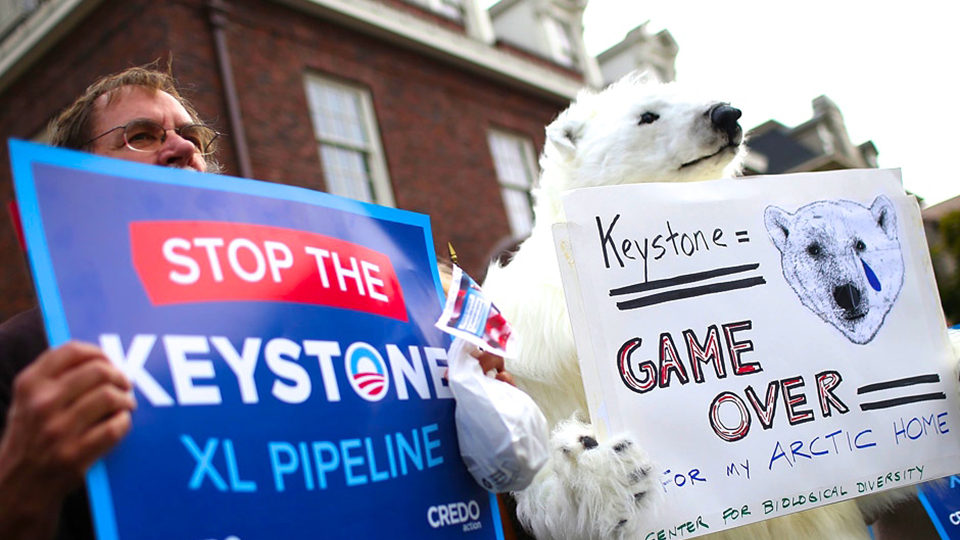In the private sector, I made investment decisions looking at the economics of a project. When I look at the proposed Keystone XL pipeline, it is great deal…for the oil industry. And a vital one. It’s also a great deal for China and the foreign investors who stand to profit from increased production.
But it is a terrible deal for the American people, who will bear the environmental and economic risks of a spill without seeing any of the profits. This pipeline represents a long-term commitment, locking us in to a production cycle that will developing more of this dirty oil at a time when we should be looking for ways to tackle climate change head on.
Six months ago, President Obama drew his own line in the tar sands, making it clear that the Keystone XL pipeline would only be approved if “the project does not significantly exacerbate the problem of carbon pollution.”
Last month, I joined experts in the field of climate science to take an empirical approach to the question, “can Keystone pass the President’s climate test?”
The answer, we found, is no.
In my talk, I laid out how Keystone XL would unlock the Alberta tar sands, and all of the carbon that comes with it. The project would spur investment in the tar sands and enable the oil industry to ramp up production at an irreversible rate, with potentially devastating impacts on the global climate.
President Obama’s decision will send a signal to the whole world on whether our nation has the capacity, commitment and courage to be a global leader on climate change – before it's too late.
Tom Steyer is a San Francisco-based asset manager, philanthropist, environmentalist and funder helping to drive progressive climate policy in California.
3 WAYS TO SHOW YOUR SUPPORT
- Log in to post comments












